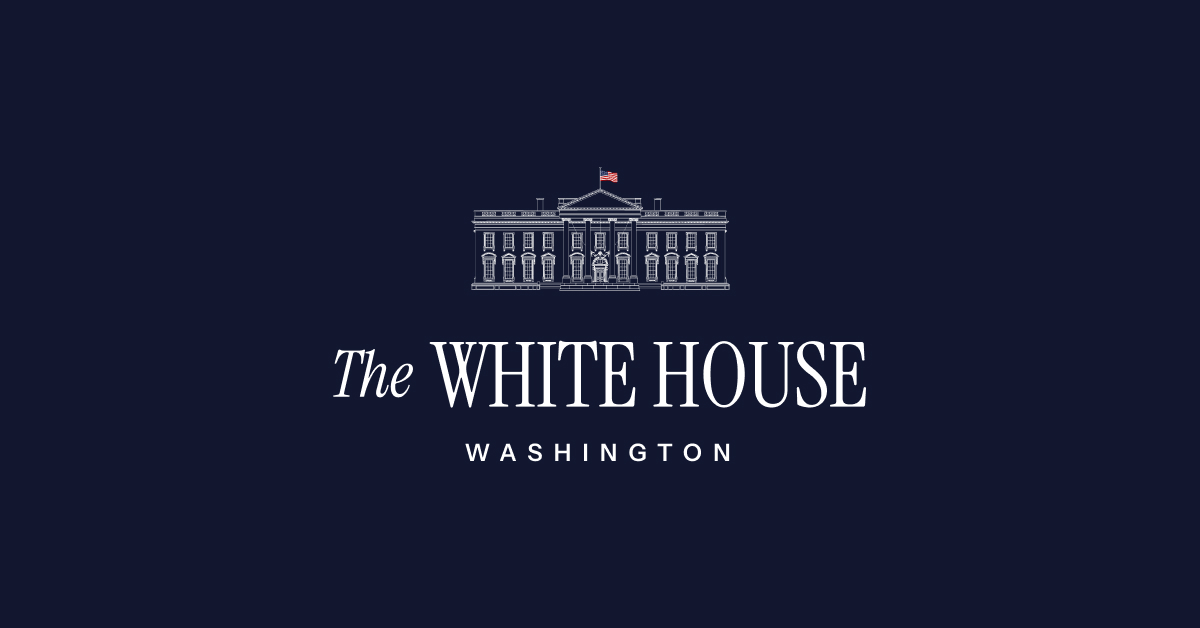A few years ago Jay Bhattacharya was an obscure Stanford professor—a medical doctor who also had a PhD in economics. Then Covid hit, the lockdowns began, and “Doctor Jay”—as he is sometimes known—became a pariah in the medical community.
That’s because, along with colleagues from Harvard and Oxford, Jay questioned whether the lockdowns were a good idea. They did this in an open letter called the Great Barrington Declaration. And this idea, in the madness of that period, was considered so dangerous by federal health authorities and Big Tech that Jay was not only smeared, but censored. His work—from Reddit to Twitter to Facebook—was suppressed.
But here’s the thing: The lockdowns were pretty disastrous. We’re still dealing with their effects—and it’s still unclear if they were worth it.
The powers that be tried to shut Jay up, yet he persisted. And after surviving that ordeal, he is now the new head of the National Institutes of Health. If you’re skeptical of karma, this turn of events may lead you to believe in it.
He’s leading this massive federal agency—the crown jewel of American science, the largest public funder of medical research—at a moment when public health authorities need to rebuild trust.
But here’s the wrinkle. Jay has two bosses: President Trump, who initiated Operation Warp Speed to develop a Covid vaccine in his first term, and Robert F. Kennedy Jr., the Health and Human Services Secretary who is also the most famous vaccine skeptic in America.
Walking the line here will inevitably be tricky for Jay. How does someone who believes in vaccinating your kids for diseases like polio and measles also confront the idea that large swaths of Americans fear vaccinating their kids? And how will he navigate an HHS that’s empowering discredited anti-vax crusaders—a move that, as The Wall Street Journal recently argued, is already vindicating Kennedy’s critics?
These are among the many things I ask him in this conversation.
Jay has lived a remarkable life, and we get into all of it, including how his faith allowed him to stick to his values—and even to pray for Francis Collins, the old NIH director who called his ideas dangerous—the chutzpah it took to fight the entire medical establishment, how he ultimately triumphed against his critics, and how he wants to put the National Institutes of Health on the front line in the war against chronic illness in America. How can public health authorities make America healthy again? Beyond that—how can they regain trust and authority?
Click the video above to watch our conversation, or scroll down for an edited transcript.
Maintaining The Free Press is Expensive!
To support independent journalism, and unlock all of our investigative stories and provocative commentary about the world as it actually is, subscribe below.
Subscriber Benefits:
Full access to all articles, investigations and columns
Access to the comments section on every piece we publish
Weekly columns from Nellie Bowles, Douglas Murray, and Bari Weiss
First chance to purchase tickets for live Free Press events

 By The Free Press | Created at 2025-04-02 02:06:52 | Updated at 2025-04-03 21:36:08
1 day ago
By The Free Press | Created at 2025-04-02 02:06:52 | Updated at 2025-04-03 21:36:08
1 day ago








